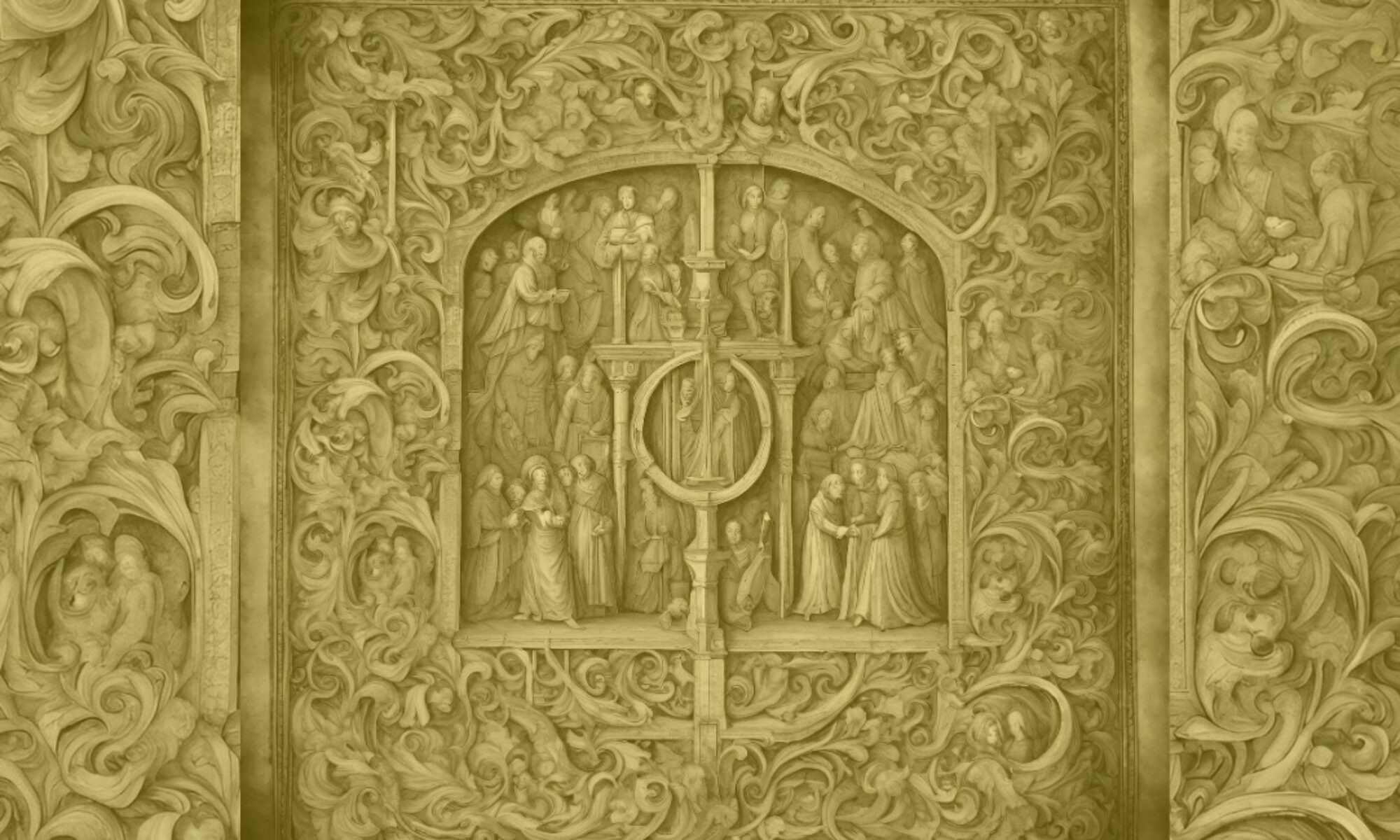John’s presentation is titled “Mythobiogenesis: The Cellular Origin of Myth, Religion, and Ritual”

Mythobiogenesis seeks the origin of myth, religion, and ritual not only in the vastness of human history, but in the confining nucleus of a human cell. This place of origin is by no means obvious and we refer to it simply as a “trysting place,” the secret rendezvous of mind and body. Data in support of the existence of such a trysting place abound. These data exist in the forms of our most transcendent myths, our most sacred scriptures, and even in our most cherished bedtime stories. Such is the production line of psyche and soma. It is a fruitful collaboration: Psyche (which is the totality of human consciousness) and soma (that is the human body as defined by its elements) are partners in a seamless division of labor. The human psyche donates lavishly from her store of culturally-conditioned imagery ranging from pretty portraits to terrifying monstrosities. But the story structure is lifted straight from the human body. Those step-outlines which govern the cell cycle turn out to be very fine narrative formats as well. Larger-scale cellular processes, like the struggle of male gametes to survive in their advance toward an egg, also make fine story templates, structurally complete with beginning, middle, and end.
Mythobiogenesis presupposes a powerful interpenetration of mind and body in an intimate collaboration of psyche and soma. Biological events too small for the unaided eye are translated into the greatest of epics and the most compelling of our rituals. The results include the sacrament you received at Mass last week and the fairy tale you will tell to your daughter this evening.
About John
For twenty years, John Bonaduce has served as choirmaster in several Los Angeles Parishes. His contemporary ensemble, Shantigarh, can be heard in various platforms including Spotify and iTunes. John graduated with a degree in history from UCLA, obtained his masters in conducting at CSULA and, realizing he needed something practical to fall back on, pursued mythological studies at Pacifica Graduate Institute, receiving his PhD this year.
